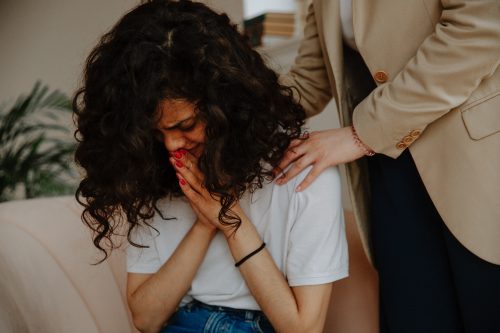
Any addiction, no matter drug, alcohol or gambling (gambling) is primarily a mental addiction. Getting rid of it is not so easy. A person develops a dependent behavior model and stable reflexes. The methods we are accustomed to and long sessions of psycho-correction do not always give the desired result.
Ibogaine therapy refers to alternative methods of treating addictions of various types. A short course (short-term) can radically change a person’s consciousness, help to consciously sort out their internal problems, and leave alcohol, drugs, and gambling addiction in the past. At the same time, ibogaine itself is not addictive.
Ibogaine – what is it?
Ibogaine is a naturally occurring psychoactive substance (iboga root extract) that has been used for centuries for medicinal and ritual purposes in West Africa.
In small doses, the substance acts as a stimulant – it removes fatigue, enhances energy. If the dosage is higher, the person gets an effect reminiscent of sleep while awake – he sees vivid dreams and memories previously repressed by the subconscious.
Research
At the scientific level, the effect of this substance began to be studied in the 60s of the last century. Research has found that ibogaine assists in dealing with difficult experiences objectively and helps close emotionally unresolved conflicts. Establishing the effect of getting rid of cravings for taking psychotropic drugs without a withdrawal syndrome (withdrawal syndrome) became accidental. This event took place in 1962.
NIDA (US National Institute on Drug Abuse) began developing ibogaine in the early 1990s. He fully took over the funding of preclinical animal trials of the drug and after proven safety, and clinical trials in humans, which were conducted at the University of Miami. Results were obtained from which it was followed that ibogaine suppresses the brain’s need for opiates, stimulants and alcohol, significantly reducing the symptoms of withdrawal symptoms in opiate addiction. It has been proven that the drug does not have a neurotoxic effect, effectively reducing tolerance to alcohol and opiates (receptor sensitivity returns to its original state).
The effectiveness of ibogaine
MAPS (Multidisciplinary Association for Psychedelic Research) has conducted studies that show how effective Ibogaine therapy is. According to the results, 80-85% of patients did not return to taking psychotropic drugs for at least a year after the procedure.
A number of studies have also been carried out in Brazil. They showed that 61% of patients who underwent complex treatment (ibogaine in combination with psychotherapy) consciously stopped taking cocaine, crack, cannabis, and alcohol. In addition to the fact that the amount of toxic substances and negative consequences associated with the use of narcotic substances is reduced, there was an improvement in the general condition of a person, his relationships with loved ones, his position in society, and the financial side.
After detoxification with ibogaine, absolute abstinence from psychotropic substances is much more common than with other traditional treatment protocols.
Ibogaine safety
The main condition for safety is constant medical supervision throughout the course of treatment, a complete examination of the patient, which is carried out at the MedicoMente medical center.
Contraindications for use:
- cardiomyopathy;
- congenital heart defects;
- arrhythmia;
- heart failure;
- thrombosis;
- anemia;
- strokes and other vascular pathologies;
- mental disorders in severe form.
A prerequisite is a comprehensive preliminary detoxification necessary to prevent serious consequences in the combined effects of drugs, alcohol and ibogaine on the body. Especially if long-term psychostimulants and / or opiates were taken.
It is important to understand that self-treatment with ibogaine is dangerous and strongly discouraged. You can get the expected result and not harm only by taking the drug under medical supervision in a medical center, it is strictly forbidden to use unpurified plant materials.
Interesting Related Article: “Supporting Someone In Recovery From Addiction“

